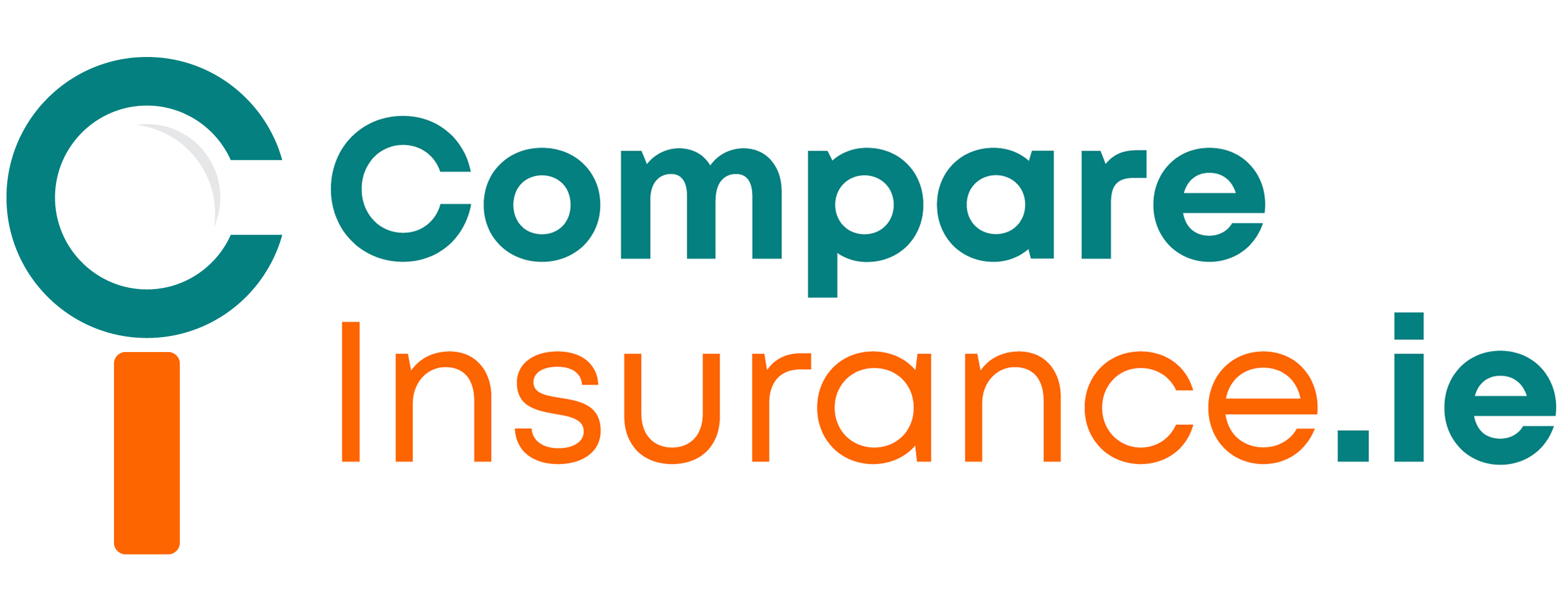Income insurance protects your income if you unexpectedly can’t work due to injury or illness.
It’s an easy way to help protect your financial future, and ensure your lifestyle and family are protected in any event.

Can an Agricultural Contractor (no manual work) get income protection insurance?
Agricultural contractors supply services to support farmers. They offer equipment for seasonal use by farmers and help maintain the well-being of farm animals. Agricultural contractors work in various areas and with various farm equipment. Farms can be hazardous working areas, with an increased risk of injuries like slips, trips, and falls, or harm from machinery. Agricultural contractors can also face lawsuits for supplying faulty equipment or causing harm to an animal or land area. Agricultural work that involves no manual work is a relatively high-risk occupation and qualifies for class 3 income protection.
Status: moderate risk: insurable
Can an Agricultural Contractor (some manual work) get income protection insurance?
Agricultural contractors who engage in manual work are open to many health and safety risks. Dangerous machinery, adverse weather conditions, and hazardous working areas are just a few of the risks of working in agricultural contracting. Agricultural contractors cannot avail of income protection due to the precariousness of their work.
Status: declined- uninsurable
Can a Crop Sprayer get income protection insurance?
Crop sprayers undertake the role of spraying chemicals such as pesticides and fungicides on crops, this process involves the use of operating complicated equipment. A crop sprayer’s income can be at risk due to a wide range of potential dangers including damage to land, adverse weather/natural disasters, or loss of crops. Many herbicide chemicals can be detrimental to human and environmental health and herbicide drift is the most common liability to crop sprayers. For these reasons, crop sprayers are declined income insurance.
Status: declined- uninsurable
Can a Farm Labourer get income protection insurance?
Farm labourers work are employed by a farmer to tend to their crops and livestock. Working on a farm can be dangerous by nature. Operating dangerous equipment, working in adverse weather conditions, and long working hours can leave farm labourers exposed to risks of personal injury. A farm labourer cannot be awarded income protection due to the perilousness of their work.
Status: declined- uninsurable
Can a Farm Worker get income protection insurance?
A farm worker is employed by a farmer to undertake agricultural work on the fields, tending to crops and livestock. Agricultural work can be hazardous and physically demanding. Farm labourers typically will operate dangerous or heavy equipment, work in harsh weather conditions and suffer long working hours. These factors expose farm workers to the risk of personal injury. A farm worker’s job is deemed dangerous and cannot be granted income insurance.
Status: declined- uninsurable
Can a Farmer get income protection insurance?
A farmer manages the farm, by tending to livestock, and crops and supervising farm workers and labourers. Agricultural work can be hazardous and physically demanding, and personal injury can be common, In addition, a farmer’s income can be at risk due to a broad range of potential hazards including damage to land, adverse weather/natural disasters or loss of crops due to disease. A farmer can avail of class four income insurance.
Status: high risk- insurable
Can a Farrier get income protection insurance?
A farrier cares for the feet of agricultural animals like horses and donkeys. They are generally called out to farms on a regular basis to remove worn shoes and fit new ones. Horses and donkeys are large and potentially dangerous animals when startled or handled incorrectly, injuries caused by a kick of a horse can range from torn muscles to broken bones. Since farriers are considered professional experts, they are typically financially liable for any injuries caused while handling these animals. In the event a farrier is injured they may be rendered unable to carry out their usual work. Farriers qualify for class four income insurance.
Status: high risk- insurable
Can a Fisherman get income protection insurance?
Fishermen, or fisherwomen, work out at sea on boats or trawlers, to catch fish or shellfish for sale. A fisherman’s occupation is ranked one of the most treacherous due to the risks involved. While carrying out work, a fisherman can face some even life-threatening hazards such as falling overboard, punctures from sharps like fishing hooks, adverse weather conditions or capsizing. Due to the enormity of these risks, fishermen are declined from qualifying for income insurance.
Status: declined- uninsurable
Can a Fruit Gardener get income protection insurance?
A landscape gardener is responsible for planting and maintaining fruit to grow for sale. A fruit gardener’s work is considered high risk due to the rate of workplace accidents. These accidents tend to be from exposure to hazardous chemicals, the use of sharp gardening tools, and long hours in harsh weather conditions. Equipment used in fruit gardening increases the risk of cuts to the user or other serious injuries and can be expensive to replace if damaged. Natural disasters, adverse weather, or disease in the fruit, can render a fruit gardener at a loss of income. A fruit gardener qualifies for fourth-class income insurance to account for these risks.
Status: high risk- insurable
Can a Groom get income protection insurance?
A groom works in stables to take care of animals and equipment. Being a groom is a physically demanding career and working with horses comes with a high risk of injury. Slips, trips, and falls, or suffering a kick from a horse may leave a groom needing medical care or being put out of work. In addition, a groom may be liable in the case of harm such as injury, illness, or death to a horse in their care. Allegations of negligence may be claimed as many horses residing in the stables will have a very high value and veterinary bills are very expensive. A groom is considered high risk and can avail of fourth-class income insurance.
Status: high risk- insurable
Can a Horticulturist get income protection insurance?
A horticulturalist uses their scientific knowledge to produce fruit, vegetables, and flowers and cultivate gardens. Typically, a horticulturist is employed by a farm or garden center to oversee the growth of plants. Although this job is less physically demanding than labourers there are still risks associated with horticulture that accompany it such as cuts or poor manual handling. In addition, adverse weather conditions or crop disease can cause a loss of income for a horticulturist. A horticulturist is awarded second-class income insurance.
Status: mild risk- insurable
Can a Livestock Dealer get income protection insurance?
A livestock dealer, often employed by a farm or on their own behalf, buys, sells, and transports livestock. Typically, the livestock dealer will have little hands-on work with any livestock and therefore minimising the risks associated with such. However, a livestock dealer may potentially be liable for the sales of livestock carrying illness, disease, or face mortality after purchase. In addition, there are some risks of injury to livestock during transit. A livestock dealer is deemed a mild-risk occupation and can qualify for second-class income insurance.
Status: mild risk- insurable
Can a Stable Hand get income protection insurance?
A stable hand works in stables to care for horses, this includes feeding, cleaning, grooming, and exercising. The work of a stable hand can be physically demanding and comes along with risks associated with large animals such as horses. Grooms are at risk for slips, trips, and falls, or even suffering an injury from a horse. A stable hand may be financially liable for any veterinary bills for injuries suffered during their care. A stable hand can benefit from third-class income insurance.
Status: moderate risk- insurable
Can a Tree Surgeon (no manual work) get income protection insurance?
A tree surgeon, who does not engage in manual work, uses their expertise to conduct risk assessments of trees, and manage and plan manual work of planting and cutting down trees. This role is typically managerial with minimal risk, however, a large portion of the work is outside in parks supervising manual work. There is some risk of personal injury to a tree surgeon with no manual work, such as falling branches and trees. In addition, a tree surgeon may be responsible for the general health and safety of employees and the public while manual tree surgeons are at work. A tree surgeon with no manual work is awarded second-class income insurance.
Status: mild risk- insurable
Can a Tree Surgeon (some manual work) get income protection insurance?
A tree surgeon, sometimes known as an arborist, is responsible for the planting, maintenance, and cutting down of trees. A tree surgeon, with some manual work, can be a treacherous career. There is a high report of death or injury suffered by tree surgeons, such as falling trees or chainsaw-related accidents. It is physically demanding, requires the use of dangerous equipment, and job sites can be precarious. Due to the magnitude of the hazards faced by tree surgeons with manual work, they are declined from qualifying for income insurance.
Status: declined- uninsurable




